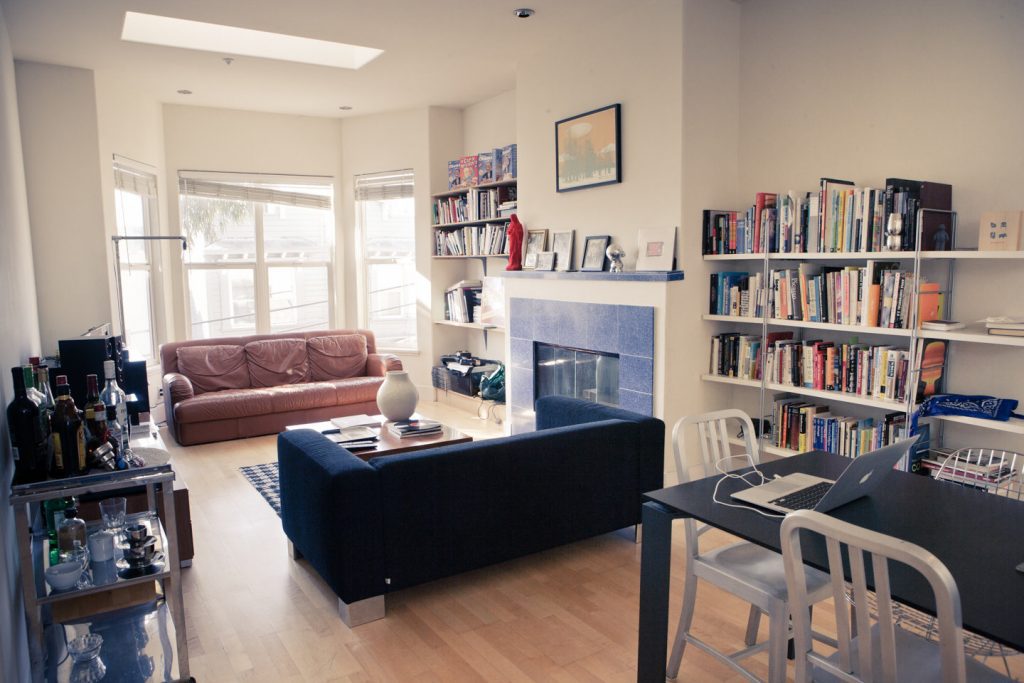Skift Take
Airbnb CEO Brian Chesky said the company expects to add millions of new hosts in the next few years, and it has plans to simplify the host signup process. But Airbnb has to be concerned that over the last six months that strategic growth imperative has been tough going.
After posting a $1.2 billion net loss in the first quarter while out-performing competitors on revenue and room night growth, Airbnb is heavily focused on a projected shortage of hosts and listings during a travel recovery this summer that it expects to be unparalleled.
While officials said Airbnb did not increase its host ranks in the first quarter compared to the fourth — officials characterized its active listings’ numbers as “consistent” since the December quarter — the company believes it won’t have enough hosts and properties to meet demand, especially in non-urban locations.
Airbnb’s net loss in the first quarter was nearly $1.2 billion, which was impacted by one-time charges including debt repayment, and also stock-based compensation. That loss, which comes as many of its core urban markets and much of Europe still are subject to lockdowns, was nearly double the company’s entire net loss in 2019.
Expedia Group’s net loss in the first quarter was half of Airbnb’s — $606 million — and Booking Holdings’ was just $55 million.
Still when it comes to a non-GAAP (Generally Accepted Accounting Principles) metric, adjusted earnings before interest, taxes, depreciation and amortization, or EBITDA, Airbnb $59 million loss in the first quarter was what it characterized as a material improvement compared with the first quarter of 2020, when that loss was $334 million. Airbnb tied its earnings improvement to “variable cost improvements, increased marketing efficiency, and disciplined fixed cost management.”
Airbnb beat analysts’ expectation on revenue, which rose 5 percent in the first quarter to $887 million. While Airbnb was in positive territory in the first quarter in part because of its focus on short-term rentals, Expedia Group and Booking’s revenue plummeted 44 percent and and 50 percent, respectively.
Airbnb seemingly out-performed competitors Expedia and Booking Holdings on the room night front. Airbnb’s nights and experiences booked rose 13 percent year over year in the first quarter to 64.4 million. In contrast, Expedia and Bookings’ — both of which solely count room nights and not experiences — declined 47 percent and 54 percent, respectively.
So Many Travelers, So Few Rooms
During Airbnb’s first quarter earnings call Thursday, much of the emphasis was on steps Airbnb is taking to recruit more hosts and to point interested travelers to alternate destinations in a bid to cope with what’s expected to be more travelers than places to stay during a robust travel recovery this summer.
Co-founder and CEO Brian Chesky said the company’s TV and digital marketing campaign, launched in late February, is drawing increased traffic to Airbnb in key markets, and that its marketing spend has been “front-loaded” toward the first half of 2021 rather than the second half to capture as much demand as possible.
The company’s sales and marketing costs in the first quarter, when excluding stock-based compensation and costs related to acquisitions, decreased 37 percent year over year to $195 million.
Airbnb Chief Financial Officer David Stephenson said he expects Airbnb’s supply of properties in non-urban markets to be “constrained” during the travel recovery, and so it will try to develop travel demand through a digital marketing campaign in geographies where supply is more abundant.
For example, if travelers want to visit Paris, France during popular times when everything is booked, Airbnb may encourage them to visit Brittany instead, or to visit France in September rather than July, Chesky said. In that way, Airbnb can make its supply more productive, he added.
That supply constraint is one of the reasons Airbnb is trying to recruit hosts, although their ranks haven’t increased appreciably in the past six months.
Meanwhile rival Vrbo, which is much smaller than Airbnb, saw its listings’ number increase about 20 percent so far in 2021 as it set up a program and a marketing campaign specifically to woo Airbnb hosts.
Individual Hosts Versus Professional Hosts
Airbnb has been stating for months that it is focusing on supporting individual hosts, who make up around 90 percent of its host roster.
Join us the Skift Short-Term Rental and Outdoor Summit on May 19
Chesky said travelers generally come to Airbnb’s website and app looking for individual hosts, but Airbnb wants to ensure that everyone can find a suitable place to stay. That’s one reason Airbnb will continue to welcome both individual and professional hosts, as well as hotel operators on its platform.
The Airbnb CEO repeated his mantra that travel will be changed forever coming out of the pandemic, with some people working from anywhere, traveling more often because of increased flexibility, and staying longer.
In fact, he, said, one quarter of Airbnb’s room nights are no longer “travel” because they are for stays of 28 days or longer. That compares to just 14 percent of room nights being for stays of longer than 28 days in 2019.
Chesky said Airbnb will announce its largest update to its platform in 12 years on May 24, when the company will unveil improvements to the guest experience, and an easier path to becoming a host.
Register Now for the Skift Short-Term Rental and Outdoor Summit on May 19
Dwell Newsletter
Get breaking news, analysis and data from the week’s most important stories about short-term rentals, vacation rentals, housing, and real estate.
Have a confidential tip for Skift? Get in touch
Tags: airbnb, earnings, hosts, listings, marketing, vrbo
Photo credit: Airbnb knows it is a strategic imperative to sign up more hosts. The living room at 19 Rausch Street in San Francisco, which the three Airbnb co-founders used to rent to conference attendees, and thus the Airbnb concept was born. Marc Olivier Le Blanc / Airbnb
